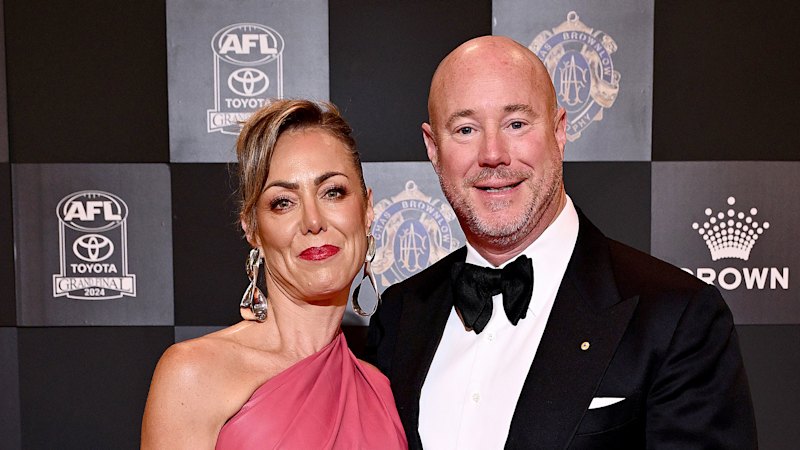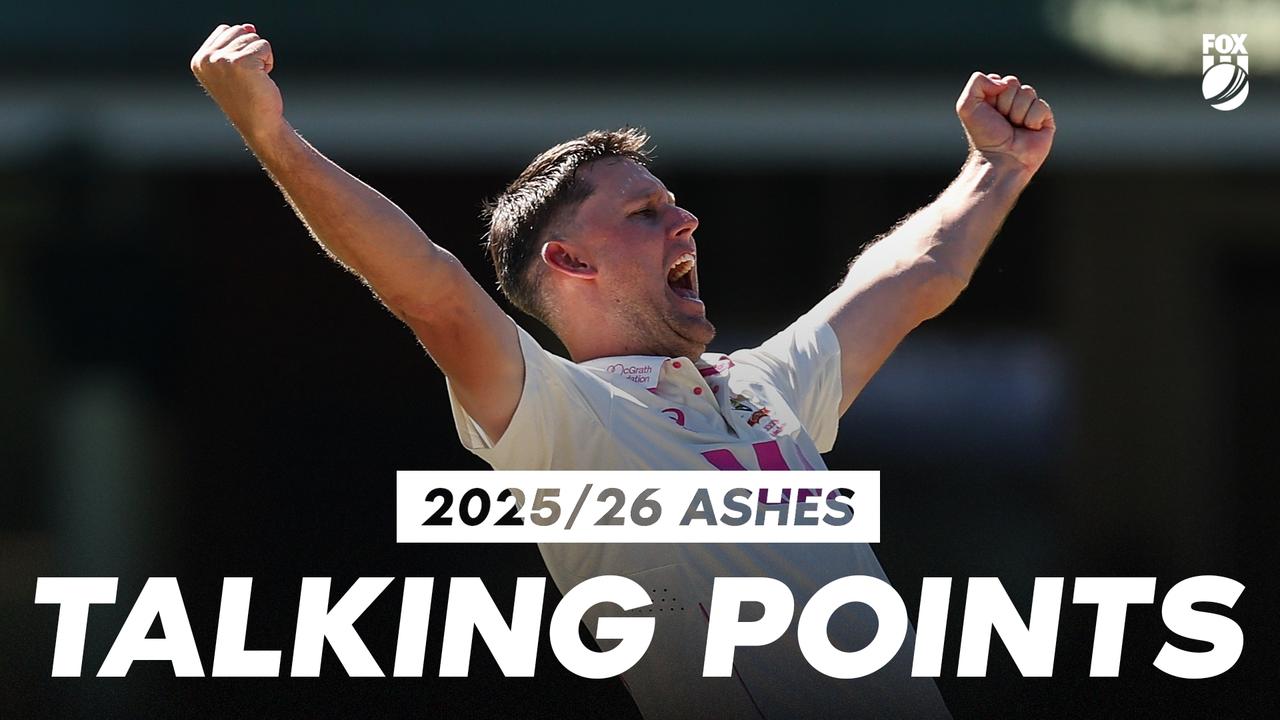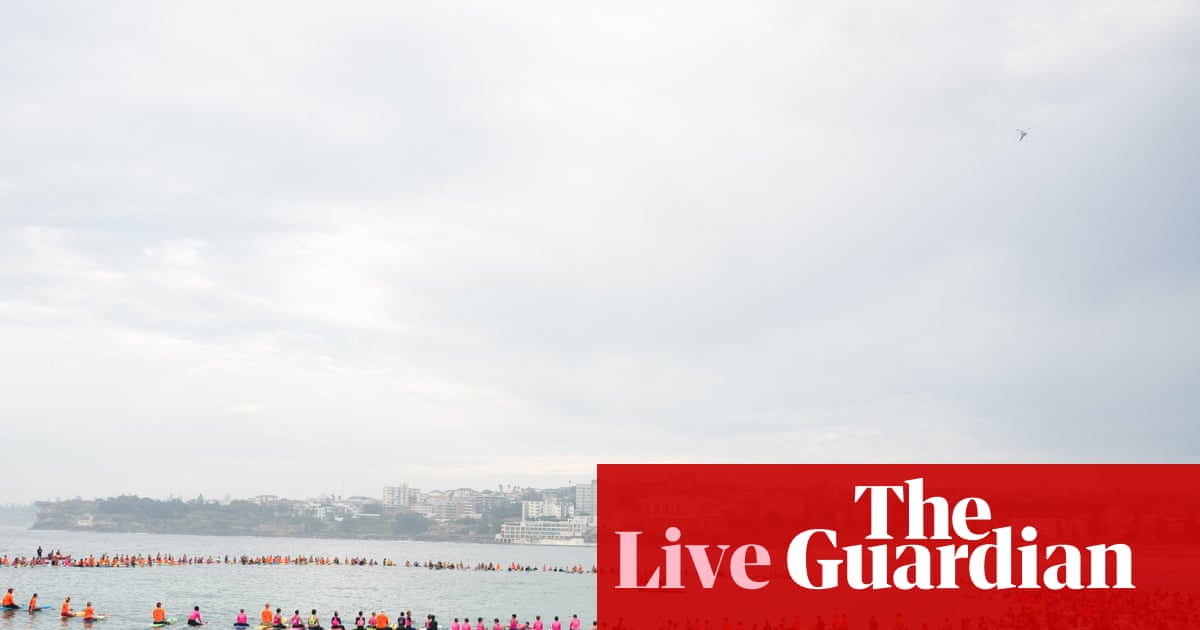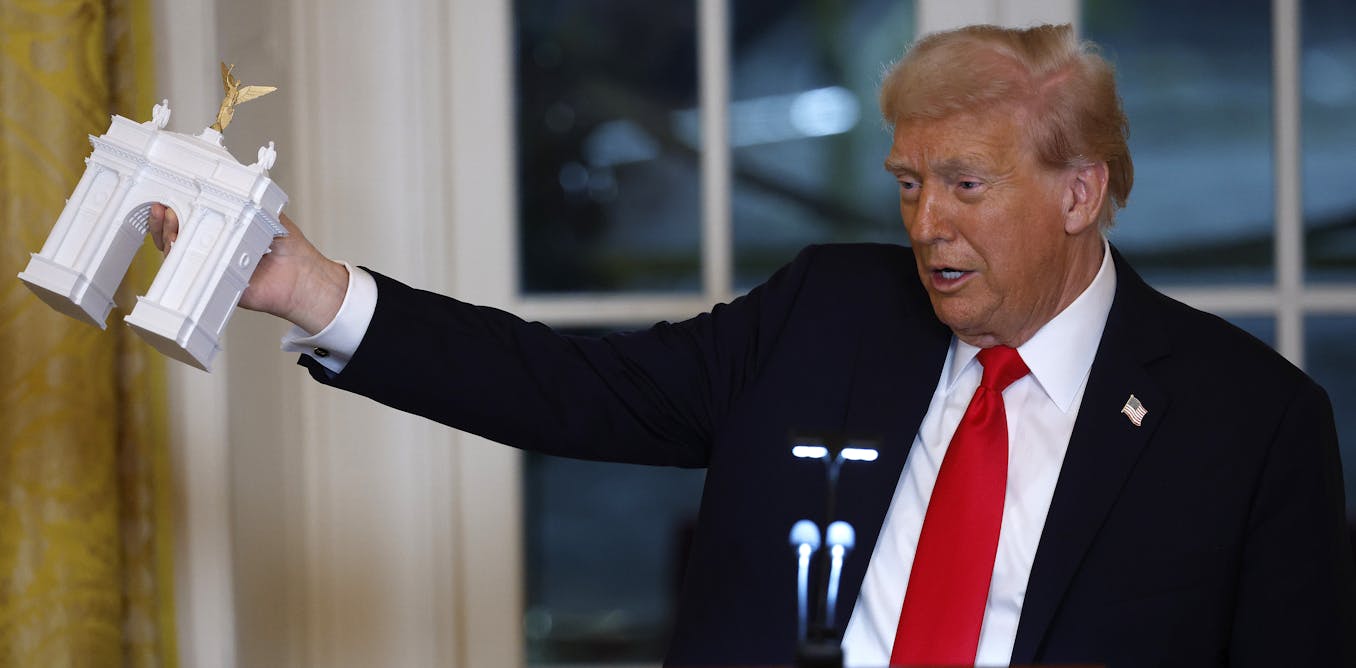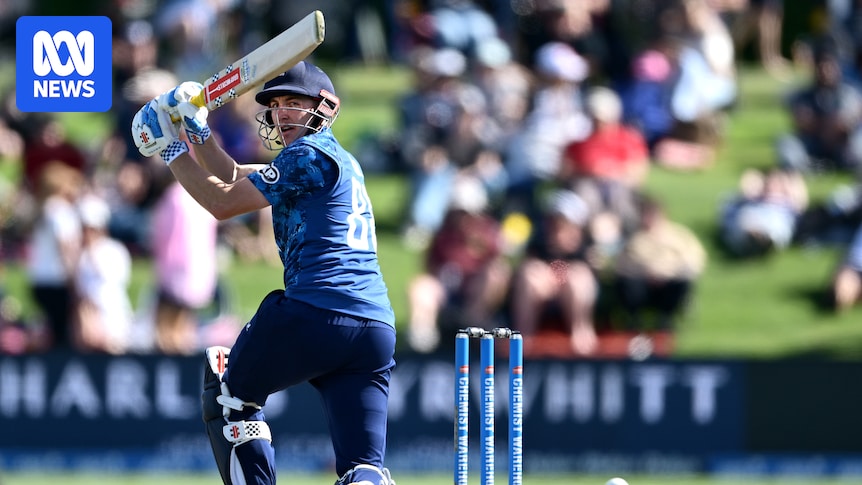
A shed filled with hundreds of cows, lovingly locked inside for safety by a fleeing Ukrainian farmer, had tragically become a mass bovine coffin by the time Marcus Fillinger arrived. As Russian troops advanced, the farmer’s attempt to protect his livestock ended in devastation when the shed was directly hit by artillery.
“It was probably one of the most graphically horrible things I’ve ever seen,” said Fillinger, a Canberra resident who answered the global call for help when Ukraine’s animal shelters and zoos came under direct Russian fire.
Marcus Fillinger, one of Australia’s three police-endorsed tranquilliser-firearms instructors, traveled to Ukraine where he was overwhelmed by the urgent need for assistance. “I was getting a myriad of texts on my satellite phone from people crying for help,” he explained. “Their lives were in imminent danger, but they were staying behind for their commitment to the animals — they didn’t want to leave the animals behind.”
Rescue Missions Amidst Conflict
Fillinger’s mission in Ukraine revealed a surprising number of private, unlicensed zoos that had been supplying the black market with exotic animals. As their owners fled for safety, many animals were left behind. Under the cover of darkness and with artillery fire nearby, Fillinger sedated and evacuated an emaciated wolf abandoned for weeks.
Driving through Ukraine’s back roads, Fillinger transported animals in cages in the back of a borrowed van, avoiding road closures caused by artillery fire. His rescues included caracals, zebras, bears, wolves, a lion, cows, donkeys, sheep, primates, and a buffalo — the latter deemed too large to move.
“I could potentially save two smaller animals or one larger animal because of access to drugs,” he explained. “It’s quite painful to have to make those decisions.”
The Forgotten Consequence of War
Fillinger’s satellite phone number was shared among Ukrainians seeking help for their animals. “They wanted me to check on the welfare of their grandma’s cat that she had to lock in her apartment, and then actually going there and finding out the apartment doesn’t exist anymore and having to text back — it’s really difficult,” he recounted.
Having completed two missions to Ukraine, Fillinger plans to return and train Ukrainians to care for animals themselves. In recognition of his efforts, he was awarded the Ukrainian White Cross Medal in 2023, an honor for foreigners assisting Ukraine during times of war, presented during a ceremony interrupted by air raid sirens.
“It’s not just going in, rescuing animals and it’s all happy ending. It was quite violently horrible,” Fillinger reflected on his experiences, which still haunt him.
“These poor animals are a consequence of the stupidity and violence of war. They are the forgotten consequence of war.”
A Nation of Pet Lovers
Nigel Allsopp, founder and president of the Australian War Animal Memorial Organisation, has completed three missions to Ukraine to care for abandoned pets caught in the conflict’s crossfire. Watching footage of Ukrainians fleeing amidst destruction, he noticed many refugees carrying dogs and cats.
“I discovered more than 60 percent of Ukrainians owned pets,” Allsopp noted. “Ukrainians who have a pet regard it as a furry family member.”
Many Ukrainians were forced to abandon their pets in the chaos, unable to find them in time while fleeing. “They feel terrible, like they’ve had to leave someone they love behind,” he said.
Allsopp established a specialized microchip program for Ukraine, tagging 5,000 animals with the hope that owners can reunite with their pets after the war. He also developed and taught a Ukraine-specific animal first aid curriculum to 600 university veterinary students and military animal handlers.
“Hopefully when their owners return to Ukraine after the war, they can find their missing dogs and cats,” he said.
Looking to the future, Allsopp hopes to return to Ukraine in peacetime to assist with animal therapy for soldiers suffering from PTSD. “I have no connection to Ukraine at all,” he said. “We do it because we see the need.”



